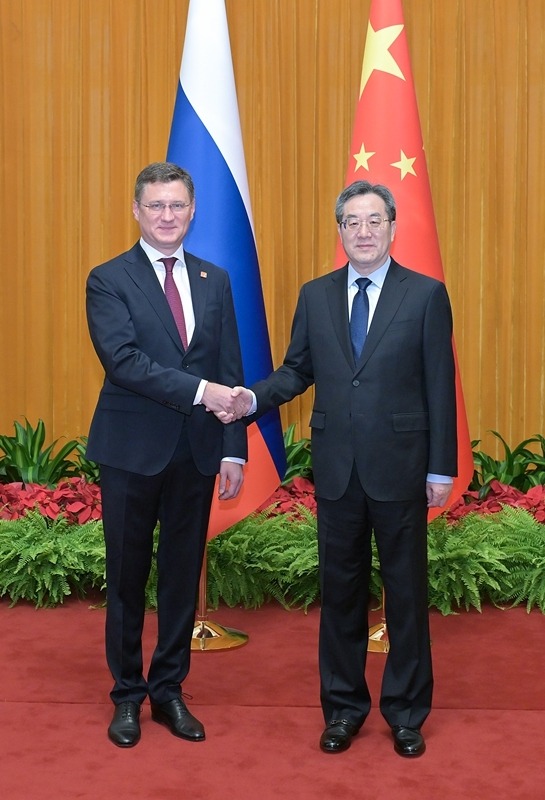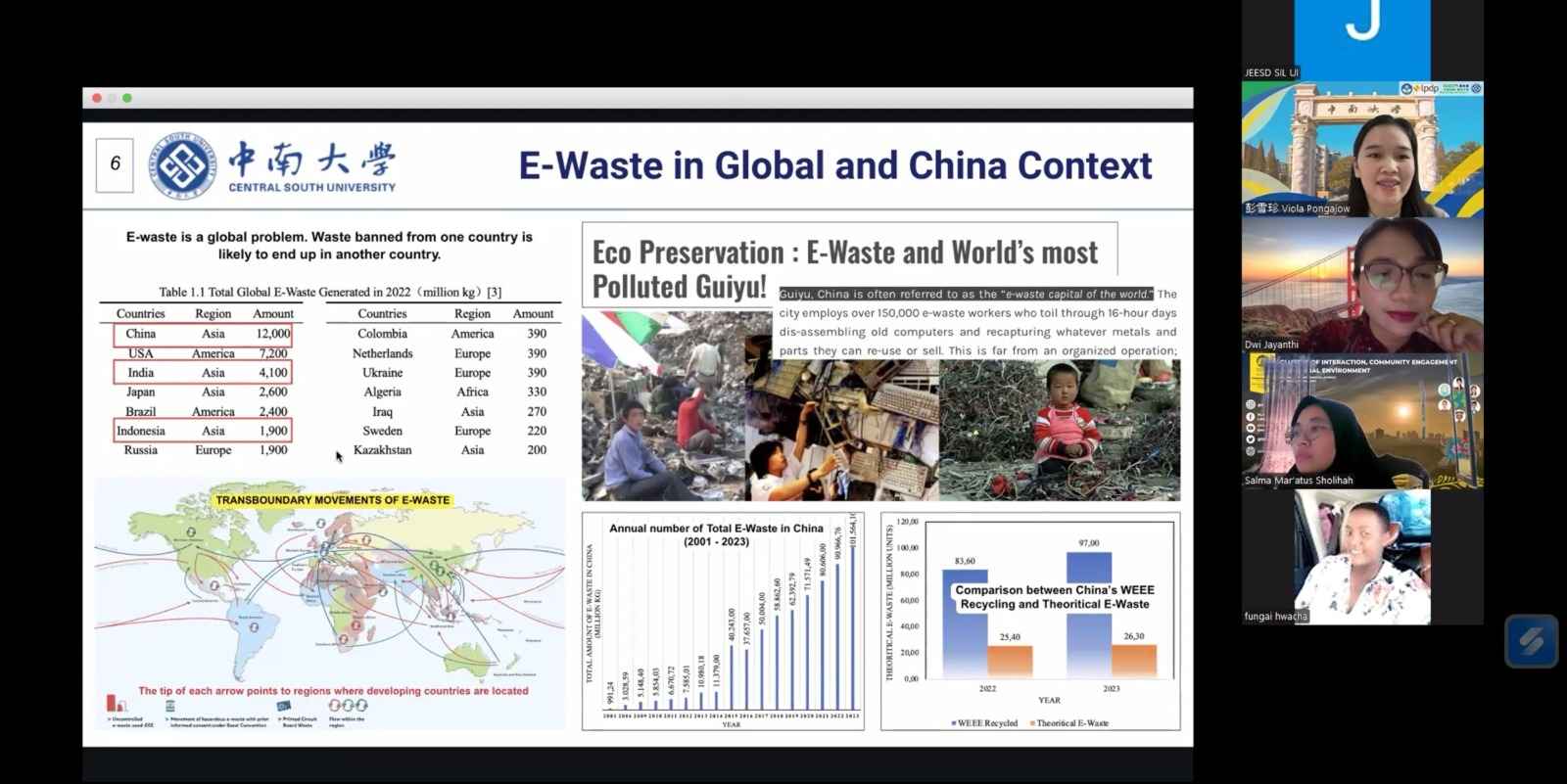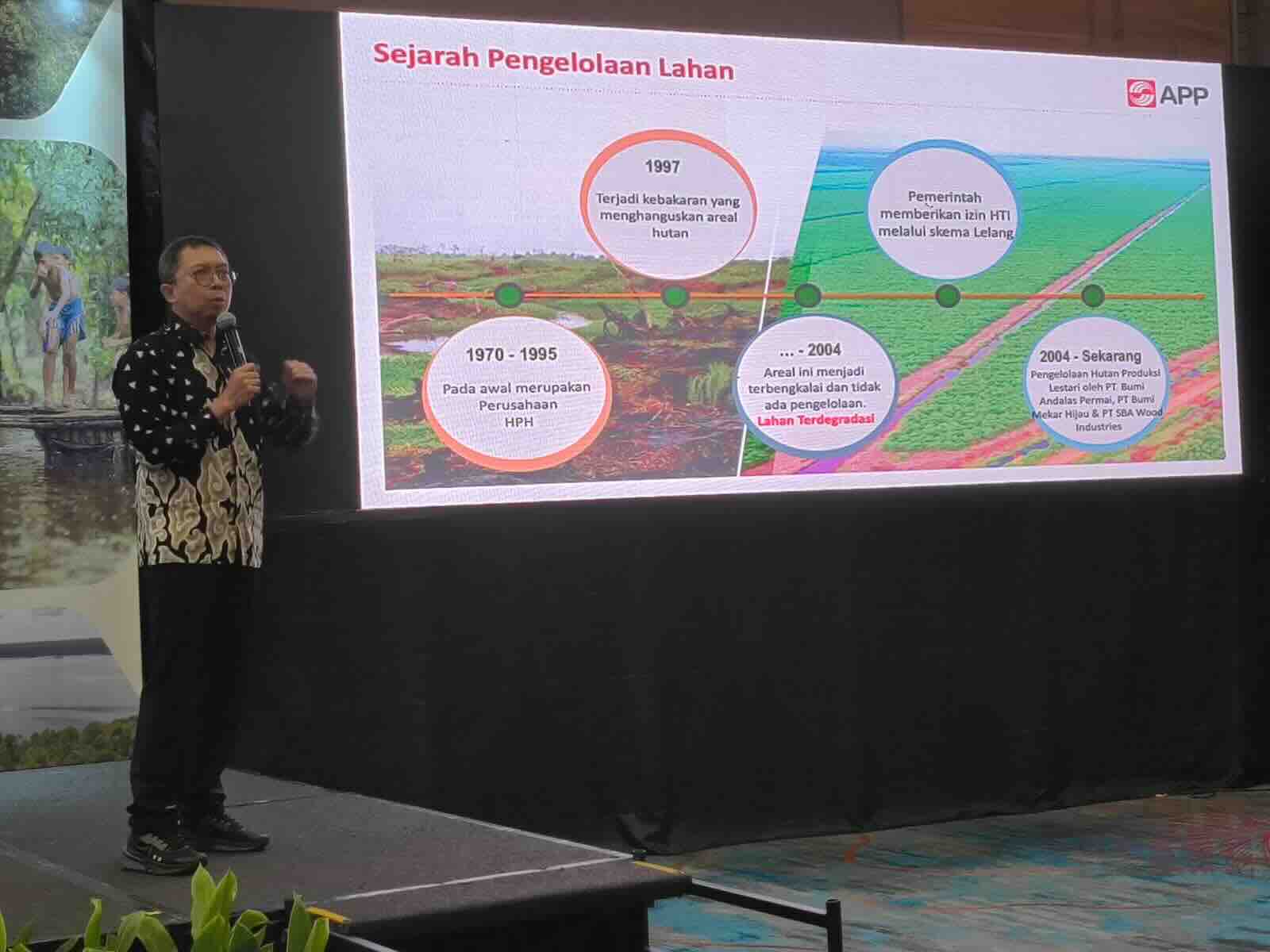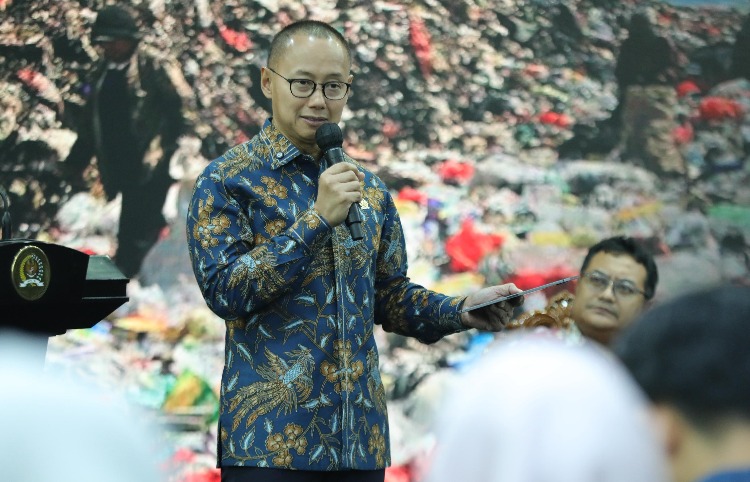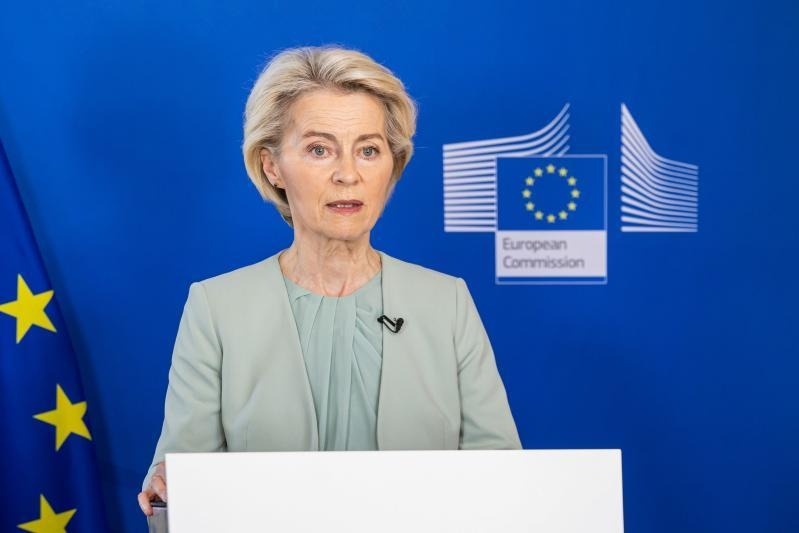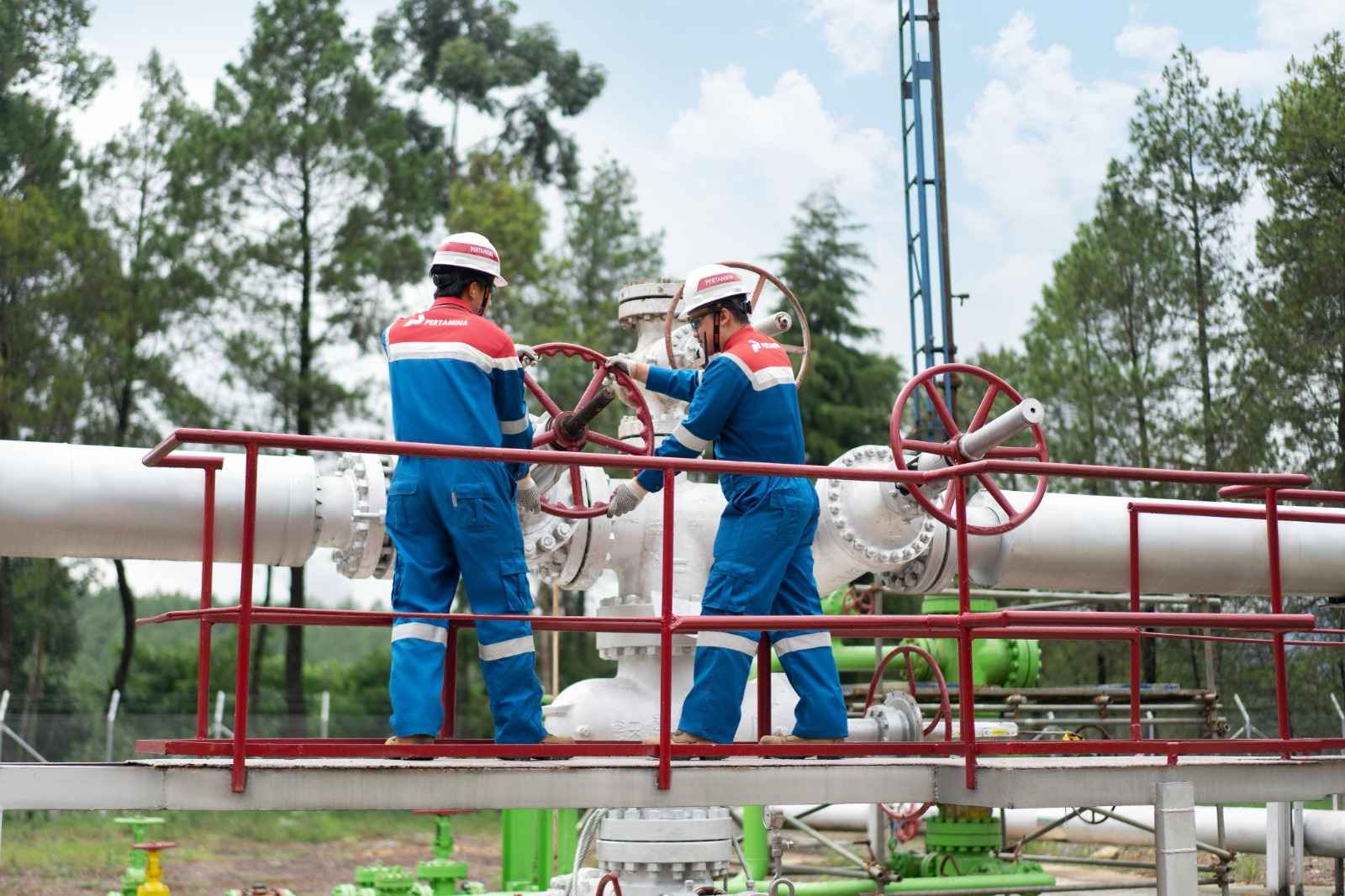Enviro News Asia, Beijing — China and Russia have agreed to reinforce their strategic partnership in the energy sector as part of joint efforts to safeguard energy security and promote sustainable development at both the national and global levels. The commitment was reaffirmed during the 22nd Meeting of the China–Russia Energy Cooperation Committee, held in Beijing on Friday (October 3).
Chinese Vice Premier Ding Xuexiang, who is also a member of the Standing Committee of the Political Bureau of the Communist Party of China, stated that energy cooperation has become a model of equal, mutually beneficial, and results-oriented partnership between the two nations.
“In recent years, the leaders of China and Russia have engaged in intensive strategic communication, strengthening the foundation of a comprehensive energy partnership and delivering tangible benefits to the people of both countries,” Ding said.
He emphasized the importance of deepening the integration of shared interests, accelerating the construction and operation of key projects, and consolidating the achievements made in energy cooperation. Ding also called for greater collaboration in renewable energy, hydrogen, and energy storage, as part of the transition toward clean and sustainable energy systems.
“China and Russia should capitalize on their complementary strengths, enhance coordination, and uphold the principles of genuine multilateralism to achieve inclusive global energy governance,” he added.
Meanwhile, Russian Deputy Prime Minister Alexander Novak underscored that energy cooperation between the two countries has produced concrete outcomes under the strategic guidance of their heads of state.
“Russia is committed to continuing its collaboration with China, expanding ongoing energy projects, and maximizing the role of the Russia–China Energy Cooperation Committee as a platform for coordination and strengthening bilateral relations,” Novak said.
The meeting marked another milestone in the deepening strategic ties between Beijing and Moscow in the energy sector, encompassing cooperation in oil, gas, electricity, and new and renewable energy. The initiative also reflects both nations’ commitment to supporting global energy stability and accelerating the transition toward a greener and more resilient energy system. (*)




